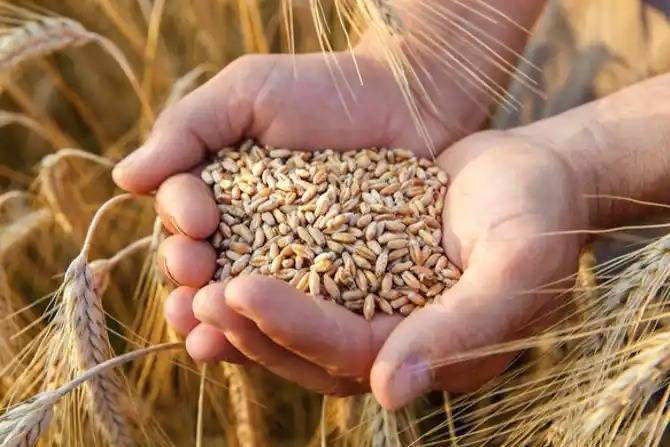
Products from 1,294 food factories in Saudi Arabia will secure more than 120 million meals for at least 2 million pilgrims in six days under the supervision of the Ministry of Hajj and Umrah…reports Asian Lite News
Saudi Arabia has successfully managed to achieve an excellent status in the framework of realizing self-sufficiency for several necessary food products before taking up the task of securing food for millions of visiting pilgrims coming from different countries of the world. According to the head of catering in Mecca, products from 1,294 food factories in Saudi Arabia will secure more than 120 million meals for at least 2 million pilgrims in six days under the supervision of the Ministry of Hajj and Umrah.
Investment in food manufacturing amounts to about 7 per cent of the total investments made in the Saudi industrial sector, and thus pumping more than 94 billion riyals to operate 11.35 per cent of the total number of factories in the Kingdom, according to official data.
Saudi Arabia has been running a megaproject to increase its vegetation cover, which has effectively contributed to achieving self-sufficiency in agricultural products such as dates with a sufficiency rate of 125 per cent, and vegetables whose rates reached 87 per cent, in addition to possessing the Middle East’s largest wheat and flour storage capacity with a daily milling capacity of 3.3 million tons.

Saudi Arabia’s strategy to achieve food security involves 11 programs, including the Saudi Agricultural Investment Abroad Program, with the Saudi Agricultural and Livestock Investment Company (SALIC) completing a 4.65-billion-riyal acquisition of 35.43 per cent of the Singaporean Olam Agri company in December 2022, in addition to the acquisition of two meat processing factories in Australia.
Furthermore, water security also occupies a place on the strategic agenda of the Kingdom, who currently engages in massive seawater desalination projects and the operation and management of 563 dams, while it plans to build 1,000 new dams to enhance the utilization of rainwater.
The strategy of proactive planning allowed Saudi Arabia to avoid food supply shortages throughout its history, despite some of the harshest times witnessed by the region, such as the second Gulf War in 1990, the food price crisis in 2008, and the deterioration of food supply chains in 2021 due to the coronavirus pandemic.
ALSO READ-Crown Prince Salman boosts Saudi bid to host Expo 2030


